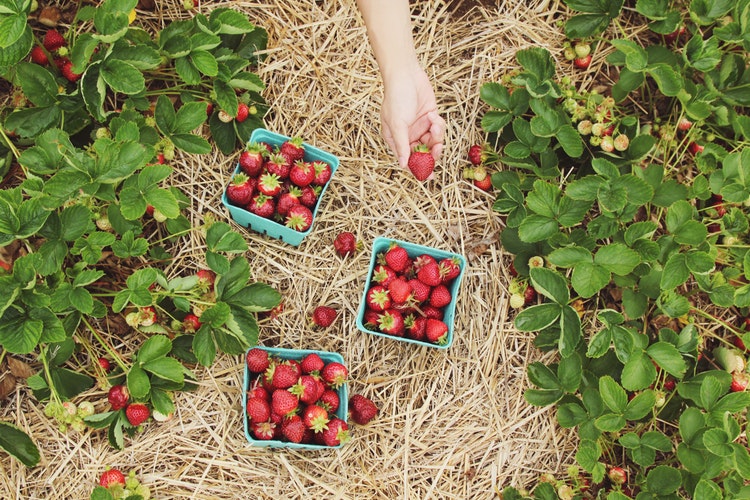
Feeling Down? Try Gardening
There are lots of ways to relieve stress and improve your mood when you’re feeling down. You can go for a run, take a vacation, or spend a day at the spa. But while these are effective stress relief strategies, they’re not accessible to everyone.
Seniors and people with disabilities may struggle with strenuous exercise, and a self-care day or vacation takes time and money that not everyone can spare. But there’s one proven mood-boosting activity that anyone can do, and that’s gardening.
Gardening is a great way to relieve stress and you can do it in your own backyard. It doesn’t cost much money and it’s easy to learn. Plus, it’s fun for people of every age. Whether you’re four, 40, or 84, you can get your hands dirty and enjoy the mental health benefits of gardening.
Gardening offers greater stress-relieving benefits than other leisure activities like reading. Not only do people experience reduced levels of the stress hormone cortisol while working in the garden, but those effects last even after heading indoors.
Stress relief is a great reason to get busy in the garden, but it’s hardly the only one. A short 20 minutes in the garden can improve concentration and short-term memory thanks to nature’s effects on attention. The places people spend most of their time — busy offices, homes, and developed spaces — place high demands on mental energy as there are many sights and sounds competing for attention. Over time, this can lead to irritability and trouble concentrating. Retreating to a natural setting like a garden eases the mental load and provides an opportunity to recharge.
Gardening combats another side effect of feeling overwhelmed: ruminating. Ruminating refers to dwelling on negative thoughts, and it’s a classic symptom in mood disorders like depression and anxiety. But researchers have shown that spending time outside can decrease those harmful thought patterns, whereas indoor leisure activities have no impact.
It’s not clear why gardening has such a positive impact on mental health and cognitive function. Most likely, it’s the cumulative benefits of time in nature, physical activity, and working with the soil that together make gardeners so happy. And the importance of engaging in activities that increase happiness can’t be understated.
Too often, people neglect self-care in the face of life’s demands. When managing a career, a family, and a home, it’s tough to find time for hobbies like gardening. But self-care is about more than finding time for fun. It’s about making physical and mental wellness a priority and understanding that health impacts every aspect of life.
Neglecting self-care is a sure-fire way to burn out. As day-to-day stress becomes chronic and irritability grows, productivity, creativity, and relationships all suffer. Over time, stress can grow to the point that it’s pathological and interferes with life.
Without healthy ways to deal with stress, such as gardening, maladaptive coping strategies may develop. Often, people feeling overwhelmed by life turn to drugs or alcohol for temporary comfort only to later find themselves facing a substance abuse problem. Having a toolkit of stress reduction activities is key in promoting mental wellness and keeping addiction at bay.
Thankfully, gardening is as accessible as it is effective. The low cost of seeds and hand tools makes it easy for new gardeners to experiment with minimal risk, and vegetable gardens deliver value in the form of fresh, organically-grown food. Gardens can be grown on any scale, from a patio container garden to a backyard micro-farm. Even without space of one’s own, it’s possible to get engaged in this rewarding pastime: Most cities have community gardens that accept volunteers, and some urban farms offer work-share arrangements where volunteers trade time
for a share of farm-fresh fruits and vegetables. No matter the location, scale, or type of garden, simply getting out there is an incredible way to strengthen mental health.
Article written for WhosGreenOnline.com by, Jennifer McGregor: Jennifer McGregor’s mission is to push reputable health information to the forefront and make it easier to find. She knows how difficult it can be to sift through the health info on the web, and wants to change that.
 WhosGreenOnline.com Your Online Magazine and Directory for Green Business, Product, Service and News!
WhosGreenOnline.com Your Online Magazine and Directory for Green Business, Product, Service and News!

